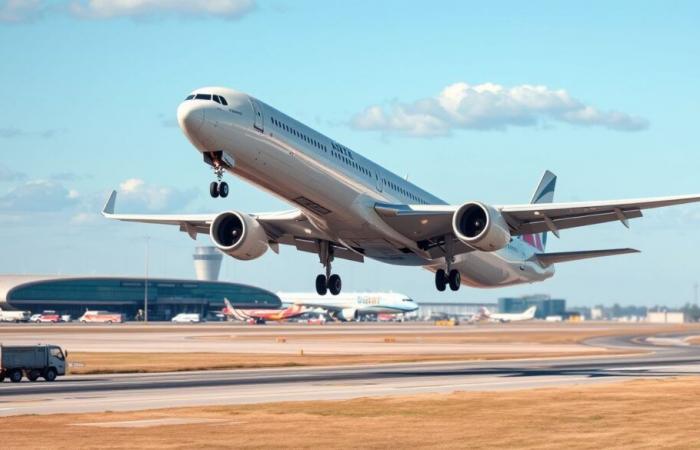You’ve probably heard the rumor that’s been circulating for years: airlines track our online searches to inflate the prices of tickets we’ve already viewed. But is it really true?
Let’s take a behind-the-scenes look at this controversial practice to sort out the truth from the lies.
IP tracking: what is it?
Before going any further, you need to understand what IP tracking is. Basically, it’s a technique that allows you to collect information about your online activity using your IP address. This address is like your digital identity card when you surf the web.
With this, we can theoretically know:
- Where you are connecting from
- What device are you using?
- What Wi-Fi network are you on?
- Your browsing habits
In short, enough to draw up a fairly precise robot portrait of your Internet user profile.
Are airlines big fans of IP tracking?
This is where it gets interesting. Many believe that airlines use this technique to adjust their prices based on your searches. The idea is to increase the prices of flights that you have already looked at multiple times.
Except that… it’s a myth ! Yes, you read that right. Despite the persistence of this belief, there is no concrete evidence to support it. The price variations that we observe are actually due to much more complex systems.
The Real Reason Behind Price Fluctuations
Airlines use sophisticated algorithms that take into account a multitude of factors to adjust their fares in real time:
- The overall demand for a flight
- The number of places remaining
- The time of year
- Competition on a line
- And many other economic parameters
This is what is called the ” yield management“, or fine management of revenues. The objective? Maximize profits by playing on supply and demand.
But then, is all this legal?
In France, the answer is clear: No. Using IP tracking to manipulate prices is simply forbidden. Two major organizations are keeping an eye on it:
- The CNIL (National Commission for Information Technology and Civil Liberties)
- The DGCCRF (General Directorate for Competition, Consumer Affairs and Fraud Control)
These institutions have eyes everywhere and do not joke about this kind of practice. Moreover, a survey conducted by Skyscanner (a well-known flight comparison site) confirmed that it was technically impossible for airlines to play this little game.
What is your IP address really used for when you book a flight?
Okay, so we’ve seen that IP tracking isn’t used to pick your pockets. But that doesn’t mean your IP address is useless when you’re looking for a plane ticket. It actually has several very practical uses:
1. Personalization of the user experience
Using your IP, booking sites can:
- Show content in your language
- Offer the most common payment methods in your country
- Use local currency to display prices
2. Security and fraud prevention
The IP address also allows us to check whether your booking behavior is consistent with your habits. For example, if you always book from France and suddenly a booking is made from the other side of the world, this can arouse suspicion.
Cookies: the real culprits?
If it’s not IP tracking, what could explain why we sometimes have the impression that prices are increasing when we consult the same flight several times? The answer may lie on the cookies side.
How do cookies influence the display of prices?
Cookies, small files stored on your browser, allow websites to remember your preferences and browsing history. Airlines and booking platforms use them to:
- Track your previous searches
- Adapt their offers to your habits
- Offer you targeted promotions
For example, if you often check flights to New York, you may see more ads or price alerts for that destination.
Myth or reality?
Be careful though: the idea that cookies systematically lead to higher prices remains highly contested. As with IP tracking, this is probably more of a myth than a reality. Price fluctuations are more likely to be explained by the complex algorithms of yield management mentioned above.
What can we learn from all this?
Ultimately, the idea that airlines are using your IP address to inflate the prices of tickets you’ve already viewed is more urban myth than reality. Fare variations are driven by much more complex mechanisms related to supply and demand management.
Your IP address and cookies do play a role in your booking experience, but rather to personalize the service and ensure transaction security. They are not used to unfairly manipulate prices.
So the next time you see the price of a plane ticket increase, don’t tell yourself that it’s because the company recognized you. It’s simply the game of supply and demand doing its work!






